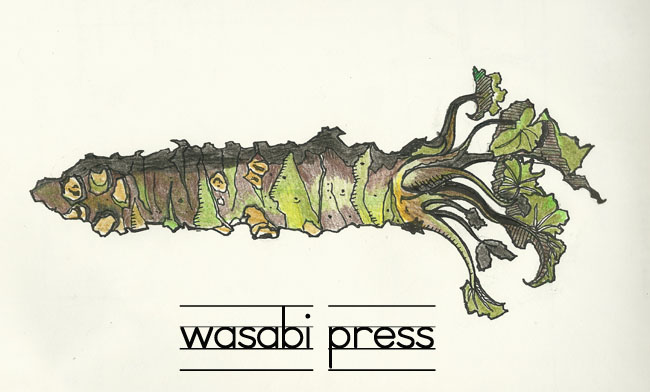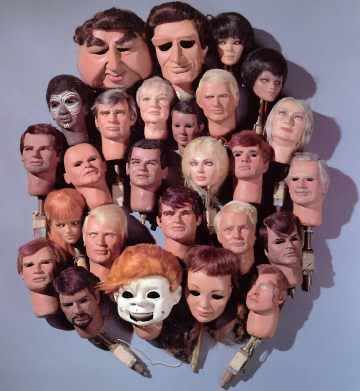


It has come to my attention that several times a year, people approach me, asking for a list of recommended reading on the subject of America's concentration camps of World War II, and seeing that its the end of the year/beginning of the year (still. a week later counts of end of the year) I'm feeling a list coming on:
1.) for the first-time I've heard about camp, all ages appropriate reader
By far, the most engaging, excrutiatingly real, first-person perspective on the camp experience is Mine Okubo's "Citizen 13660". Mine Okubo was reportedly the first camp internee that authored/illustrated a book of her personal experience during the war, and its a stunning visual diary of the most intimate events she was witness to. From the banal to the disgusting, Okubo's minute pen misses nothing. Her lines are as stark and clean as her simple commentary that accompany each drawing.
2.) for the historian, who wants to get to the bottom of things
My knowledge of the camp records and evidence that the entire forced removal of Japanese Americans was not, in fact as the government stated a "military necessity" has been accumulated by reading nearly 100 books, many of them meticulously researched in phases over the past 25 years. But if there were one book that encouraged us to look at the black and white government documentation of the camps and question what had really happened, I think I'd have to turn to Michi Weglyn's "Years of Infamy". In close second is "Personal Justice Denied", authored by the Commission on Wartime Relocation and Internment of Civilians, a report compiled after the overturning of several landmark cases of Japanese Americans who took their cases to the Supreme Court which in turn began the long, complex journey to the apology from the US government and redress.
3.) for those who have never heard about the Japanese Am draft resisters
John Okada's "No-No Boy". Its more about the psychological effects of the war on a JA family in Seattle after the war, than the facts surrounding the draft resisters, but its message is clear: the incarceration of the Japanese Americans turned JAs onto each other.
4.) for those who have never heard about the Japanese American 442nd/100th regimental combat team who fought in Europe, and the MIS who served as secret military interpreters and intelligence in the Pacific
Lyn Crost's "Honor by Fire: Japanese Americans at War in Europe and the Pacific".
5.) for the short story reader
Read Hisaye Yamamoto's "Seventeen Syllables and Other Stories." Some of the pieces cover pre-war scenarios, but the ones that include her life in camp are simply brilliant and devastating.
6.) for the poetry reader
Violet de Cristoforo's "May Sky: There Will Be Another Tomorrow", a brilliant compilation of haiku written by first=generation (Issei) in camps, that were translated and given historical context written by de Cristoforo.
7.) for the artist
This is another tie. Either Karin Higa's "View from Within" which was a groundbreaking book/catalog that accompanied a touring exhibition of original paintings, drawings and sculpture made in the camps by numerous artists, -or- Kimi Kodani Hill's "Topaz Moon", which follows the life and the work of a single artist, Chiura Obata.
Ironically, my list is heavy handed with women authors. Well, hooray for me.



No comments:
Post a Comment